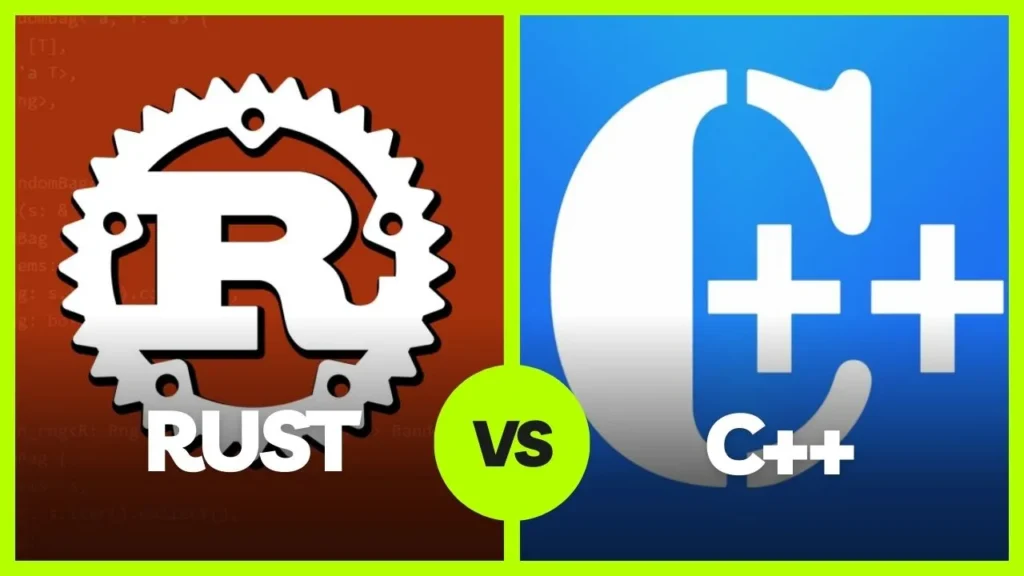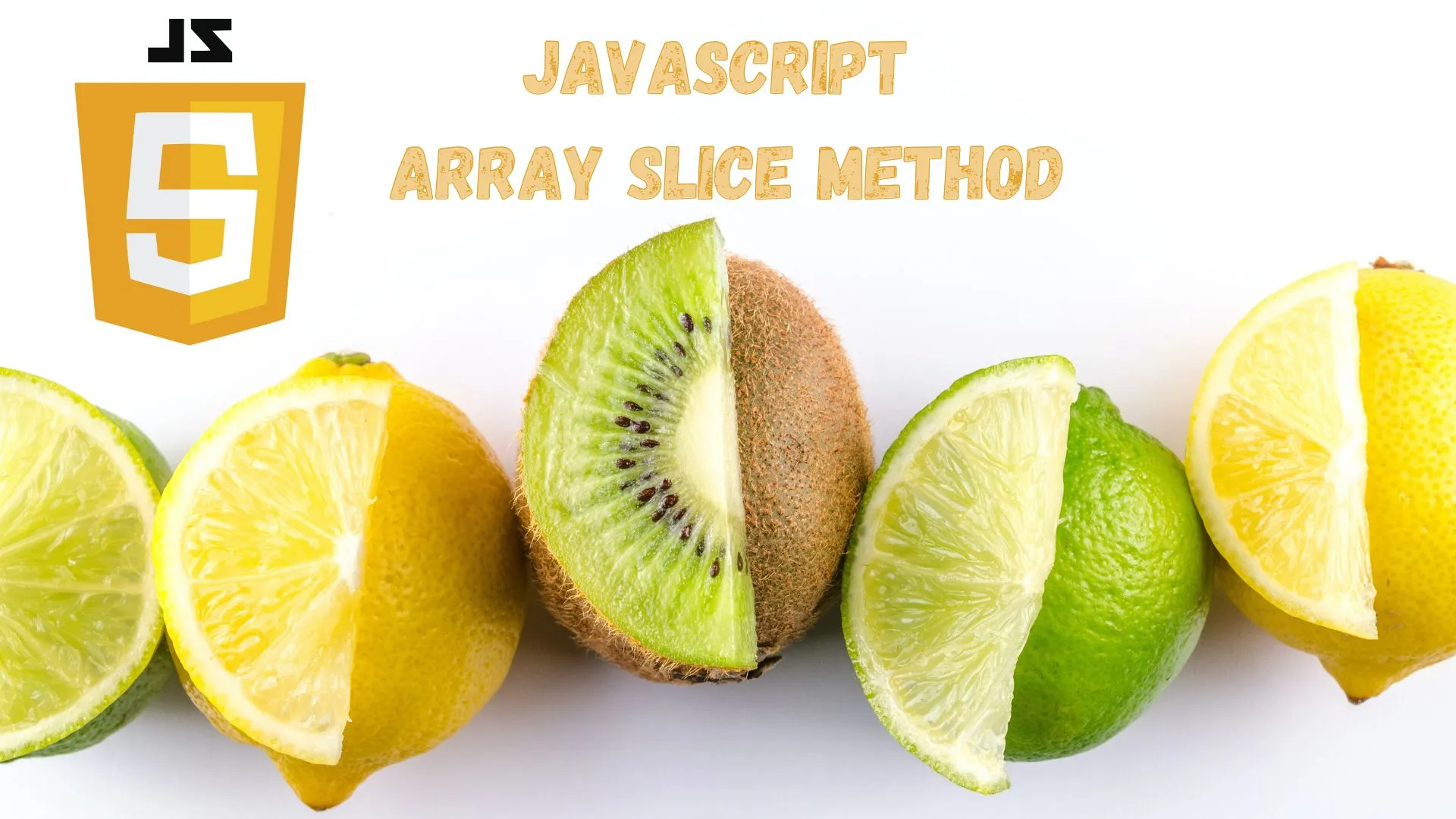
Rust and C++ are both systems programming languages that have been used extensively in software development over the years. Rust is a relatively new programming language, developed by Mozilla, and is gaining a lot of attention from developers due to its memory safety and performance. On the other hand, C++ has been around for a long time and has been the preferred language for system-level programming for many years. With the growing popularity of Rust, there has been a lot of speculation about whether Rust will replace C++ as the go-to language for system-level programming.
In this blog post, we will take a look at the strengths and weaknesses of Rust and C++, compare the two languages, and discuss whether Rust will replace C++.
Strengths and Weaknesses of Rust
One of the key strengths of Rust is its memory safety features. Rust’s ownership system ensures that only one owner can own a piece of memory at a time, and this prevents many common programming errors such as null pointer dereferences and use-after-free errors. Rust also has a strict type system that catches many errors at compile time.
Another strength of Rust is its performance. Rust compiles to native code, and its ownership system allows it to optimize memory usage and avoid unnecessary copies of data. This results in code that runs faster than many other high-level programming languages.
However, Rust is not without its weaknesses. One of the biggest criticisms of Rust is its steep learning curve. Rust has a complex ownership system that can be difficult for beginners to understand. Additionally, the strict type system can make it challenging to write code that works as intended.
Strengths and Weaknesses of C++
C++ has been around for a long time, and it has many strengths that have made it the preferred language for system-level programming. One of the key strengths of C++ is its performance. C++ is a low-level language that allows developers to write code that runs quickly and efficiently. Additionally, C++ has a large number of libraries and tools available that make it easy to develop complex software.
Another strength of C++ is its flexibility. C++ allows developers to write code that is very close to the hardware, and this makes it ideal for system-level programming. Additionally, C++ has a large number of features that allow developers to write complex software that is both efficient and easy to maintain.
However, C++ is not without its weaknesses. One of the biggest criticisms of C++ is its complexity. C++ has a large number of features and a complex syntax that can make it difficult for beginners to learn. Additionally, C++ does not have the same memory safety features as Rust, and this can lead to common programming errors such as null pointer dereferences and use-after-free errors.
Comparison between Rust and C++:
Both Rust and C++ are systems programming languages that are used extensively in software development. However, there are several key differences between the two languages.
Memory Safety
One of the main reasons for Rust’s growing popularity is its focus on memory safety. Unlike C++, Rust ensures memory safety at compile-time, which means that it detects and prevents memory-related errors such as null pointer dereferencing and buffer overflows. On the other hand, C++ does not have built-in memory safety features, and developers must use manual memory management techniques such as pointers, references, and smart pointers to avoid memory-related errors.
Performance
Another significant factor in system-level programming is performance. Both Rust and C++ offer low-level control over system resources, such as memory and CPU cycles, allowing developers to write high-performance software. Rust’s memory safety features, such as ownership and borrowing, ensure that code is safe without compromising performance. C++ is known for its ability to optimize code, making it an ideal choice for high-performance applications such as operating systems and game engines.
Learning Curve
Another key difference between Rust and C++ is their learning curve. Rust has a steep learning curve due to its complex ownership system and strict type system. On the other hand, C++ is also known for its complexity, and it can take a long time for beginners to become proficient in the language.
Flexibility
C++ is known for its flexibility, and it allows developers to write code that is very close to the hardware. Additionally, C++ has a large number of features that allow developers to write complex software that is both efficient and easy to maintain. Rust, on the other hand, has a more limited feature set compared to C++ and is designed to be more focused on memory safety and performance.
Libraries and Tools
C++ has been around for decades, and as a result, it has a vast library of resources and tools available for developers. C++ libraries are available for many applications, including scientific computing, finance, gaming, and more. On the other hand, Rust is a relatively new language, and its ecosystem is still evolving. However, Rust’s library and tool support are growing rapidly, and it has a growing number of libraries available for various applications.
Community and Adoption
C++ has a large and active community of developers who have been using the language for many years. This has led to the widespread adoption of C++ in many different industries, including finance, gaming, and scientific computing. Rust, on the other hand, is a newer language, and its community is still growing. However, Rust has been gaining a lot of attention in recent years due to its memory safety features and performance, and its adoption is likely to increase in the coming years.
Suitability for System-level Programming
Rust is designed to be a safe and performant systems programming language, and it is well-suited for applications that require a high level of memory safety and performance, such as web browsers, game engines, and operating systems. C++, on the other hand, is a more flexible language that is well-suited for applications that require low-level access to hardware, such as operating systems, device drivers, and embedded systems.
Will Rust replace C++?
So, will Rust replace C++ as the go-to language for system-level programming? The answer to this question is not straightforward, as both Rust and C++ have their strengths and weaknesses, and each language is better suited for different use cases.
Rust is designed to be a safe and performant systems programming language, and it is well-suited for applications that require a high level of memory safety and performance, such as web browsers, game engines, and operating systems.
C++, on the other hand, is a more flexible language that is well-suited for applications that require low-level access to hardware, such as operating systems, device drivers, and embedded systems.
It is important to note that both Rust and C++ have a place in modern software development, and it is unlikely that one language will completely replace the other. Developers will continue to use both Rust and C++ for many years to come, depending on the specific requirements of their projects.
How to get selected image path in Javascript?
How to get the path of the selected file using javascript it can’t be done because of security reasons javascript…
JavaScript array.prototype.slice() Method Explained
JavaScript’s array slice() method returns selected array, as a new array, The slice() method returns from a given start(included) to…
Carbon program to swap two numbers
carbon program to swap two numbers using three different methods, 1. Using temp or third variable, 2. without using temp…
Final Word
While Rust is gaining popularity in the programming community, it is unlikely to completely replace C++ as the go-to language for system-level programming. Developers will continue to use both Rust and C++ for many years to come, depending on the specific requirements of their projects. Rust’s memory safety features make it an attractive choice for applications that require high-level memory safety, while C++’s vast library of resources and tools make it ideal for low-level access to hardware. Ultimately, the choice of programming language will depend on the project’s requirements, the development team’s expertise, and the available resources.









